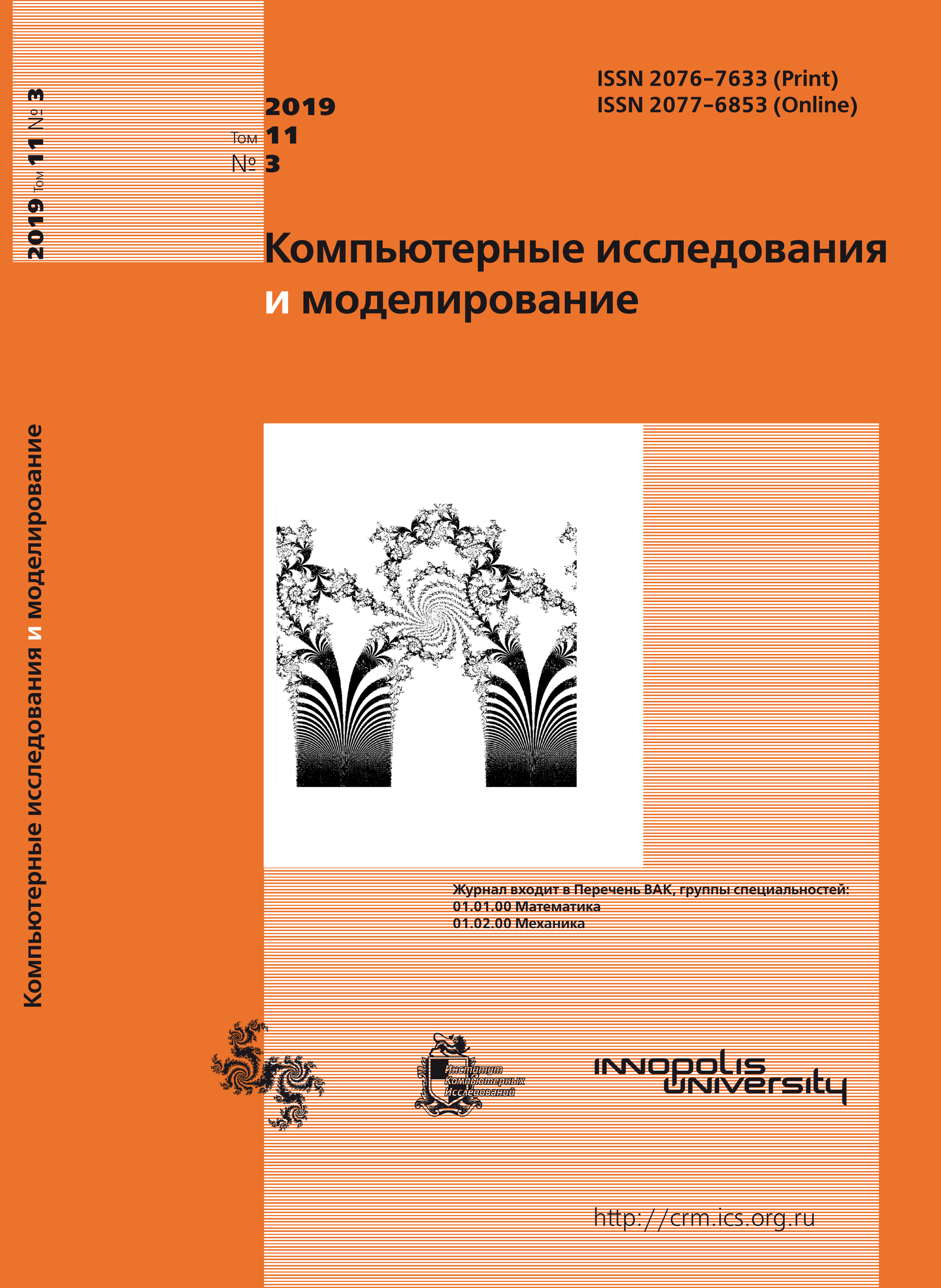All issues
- 2025 Vol. 17
- 2024 Vol. 16
- 2023 Vol. 15
- 2022 Vol. 14
- 2021 Vol. 13
- 2020 Vol. 12
- 2019 Vol. 11
- 2018 Vol. 10
- 2017 Vol. 9
- 2016 Vol. 8
- 2015 Vol. 7
- 2014 Vol. 6
- 2013 Vol. 5
- 2012 Vol. 4
- 2011 Vol. 3
- 2010 Vol. 2
- 2009 Vol. 1
Neuro-fuzzy model of fuzzy rules formation for objects state evaluation in conditions of uncertainty
This article solves the problem of constructing a neuro-fuzzy model of fuzzy rules formation and using them for objects state evaluation in conditions of uncertainty. Traditional mathematical statistics or simulation modeling methods do not allow building adequate models of objects in the specified conditions. Therefore, at present, the solution of many problems is based on the use of intelligent modeling technologies applying fuzzy logic methods. The traditional approach of fuzzy systems construction is associated with an expert attraction need to formulate fuzzy rules and specify the membership functions used in them. To eliminate this drawback, the automation of fuzzy rules formation, based on the machine learning methods and algorithms, is relevant. One of the approaches to solve this problem is to build a fuzzy neural network and train it on the data characterizing the object under study. This approach implementation required fuzzy rules type choice, taking into account the processed data specificity. In addition, it required logical inference algorithm development on the rules of the selected type. The algorithm steps determine the number and functionality of layers in the fuzzy neural network structure. The fuzzy neural network training algorithm developed. After network training the formation fuzzyproduction rules system is carried out. Based on developed mathematical tool, a software package has been implemented. On its basis, studies to assess the classifying ability of the fuzzy rules being formed have been conducted using the data analysis example from the UCI Machine Learning Repository. The research results showed that the formed fuzzy rules classifying ability is not inferior in accuracy to other classification methods. In addition, the logic inference algorithm on fuzzy rules allows successful classification in the absence of a part of the initial data. In order to test, to solve the problem of assessing oil industry water lines state fuzzy rules were generated. Based on the 303 water lines initial data, the base of 342 fuzzy rules was formed. Their practical approbation has shown high efficiency in solving the problem.
Copyright © 2019 Katasev A.S.
Views (last year): 12.Indexed in Scopus
Full-text version of the journal is also available on the web site of the scientific electronic library eLIBRARY.RU
The journal is included in the Russian Science Citation Index
The journal is included in the RSCI
International Interdisciplinary Conference "Mathematics. Computing. Education"







